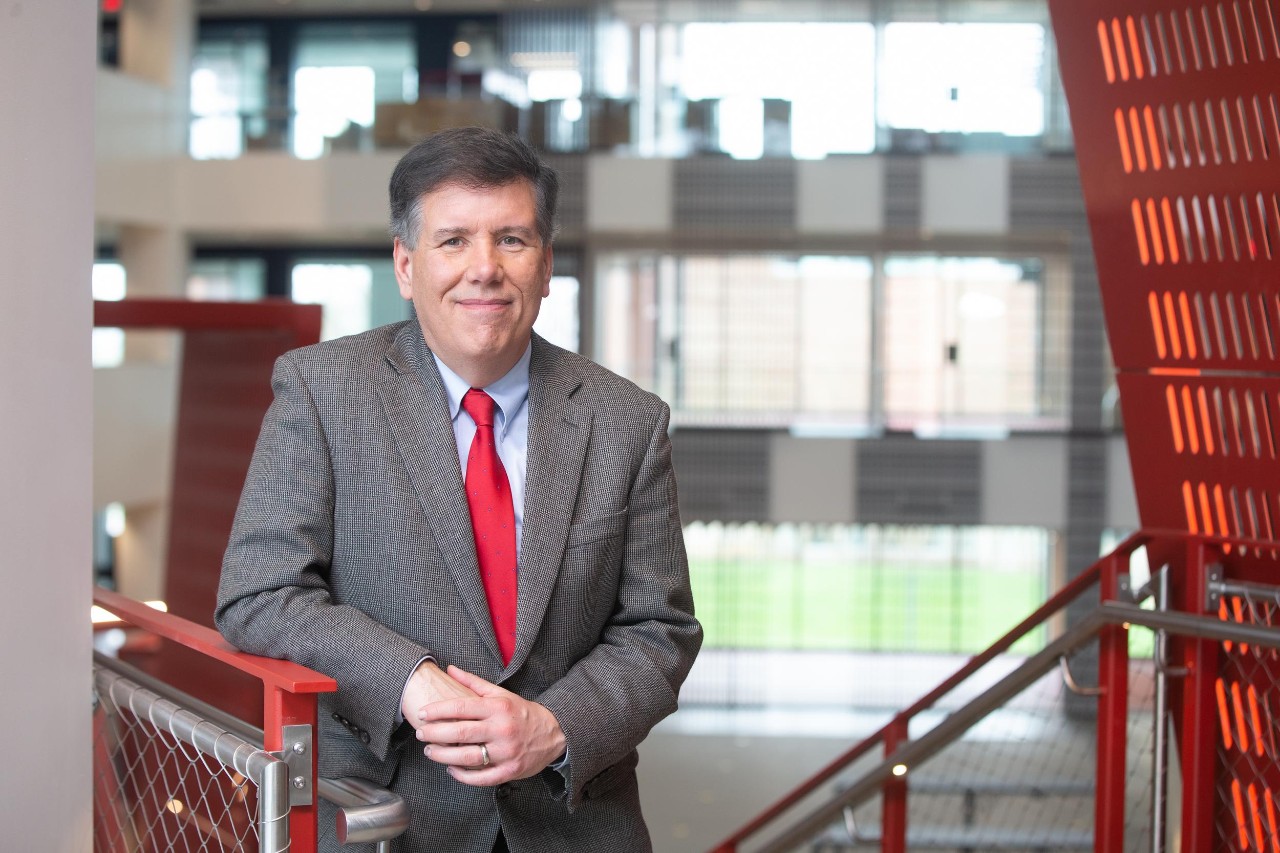
UC professor awarded Carnegie fellowship
David Niven to study voting and political polarization
Cincinnati’s NPR station, WVXU, highlighted the University of Cincinnati’s very first Carnegie Award recipient in an interview this week.
Associate professor David Niven, PhD, is a member of the 2025 Andrew Carnegie Fellows Program. He is one of 26 scholars and researchers selected in an application pool of over 300. With a $200,000 grant from the Carnegie Foundation, his research will analyze how American citizens’ experience at the polls impacts their views on voting.
WVXU’s Becca Costello interviewed Niven about the fellowship and how he plans to tackle the Carnegie Foundation’s focus on researching political polarization. Over the next two years, Niven will use extensive survey work to systematically characterize the voting experience both locally and nationwide.
"The other half of it is really looking at, how does that voting experience affect our opinions of voting?" Niven told WVXU. "Our thoughts about whether voting is free and fair in this nation or not; our thoughts about what changes should be made to the way we vote."
Read more about Niven’s research grant.
Featured image at top of David Niven. Photo/Andrew Higley/UC Marketing + Brand
Related Stories
UC professor awarded Carnegie fellowship
April 18, 2025
Cincinnati’s NPR station, WVXU, highlighted the University of Cincinnati’s very first Carnegie Award recipient in an interview this week.
UC political scientist named Carnegie Fellow
April 16, 2025
University of Cincinnati political scientist David Niven has spent a large part of his career examining how we vote. Now, a $200,000 Andrew Carnegie Corporation of New York fellowship award will help Niven dive deeper into the American polling system and how polling environments impact voters.
What you post on social media matters to employers
February 15, 2023
What you post on social media can be in conflict with your employers standards, says UC social media expert Jeffrey Blevins. More and more often people are getting dinged, or worse, for posts that put their employers in a bad light. Blevins suggests a social media review/edit of content and more thought put into posts.
